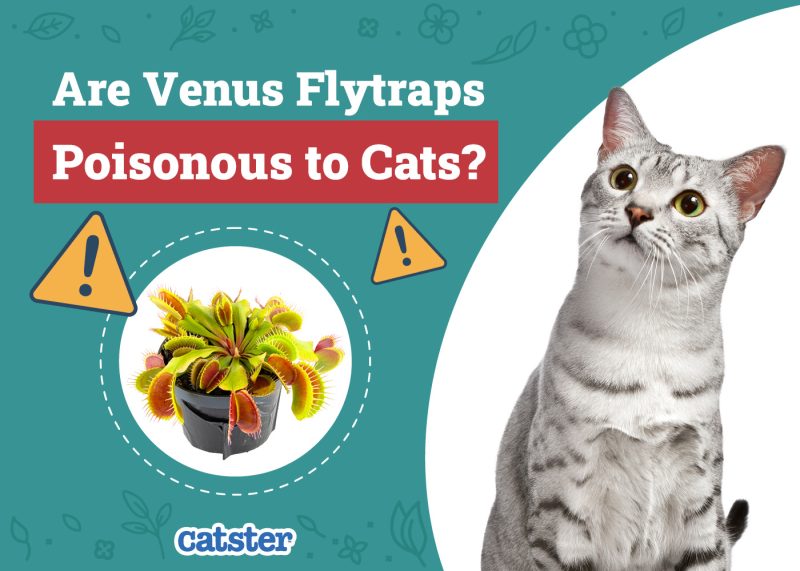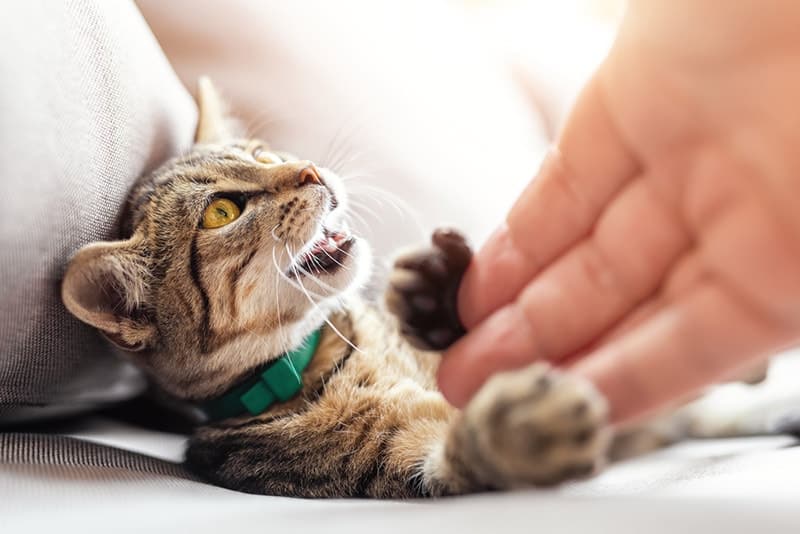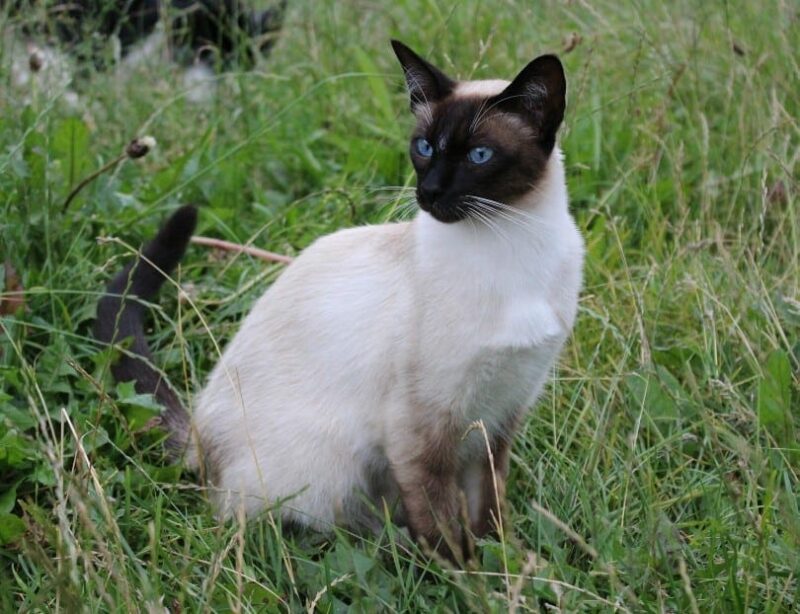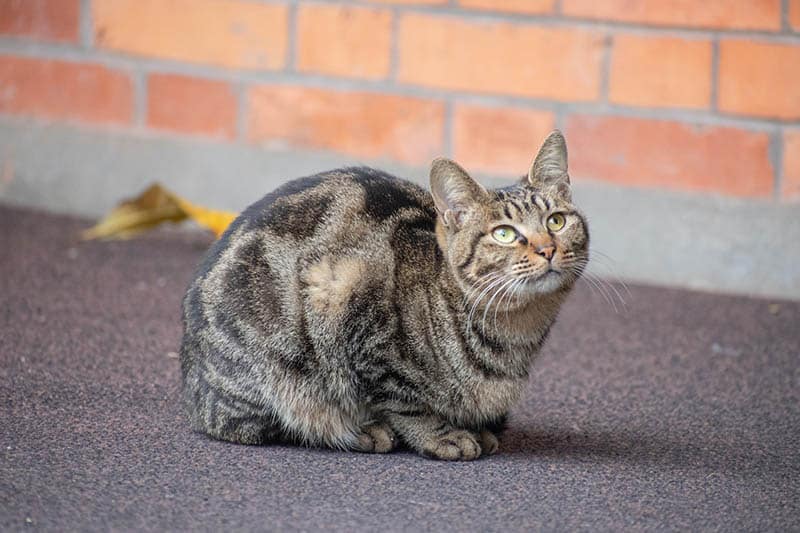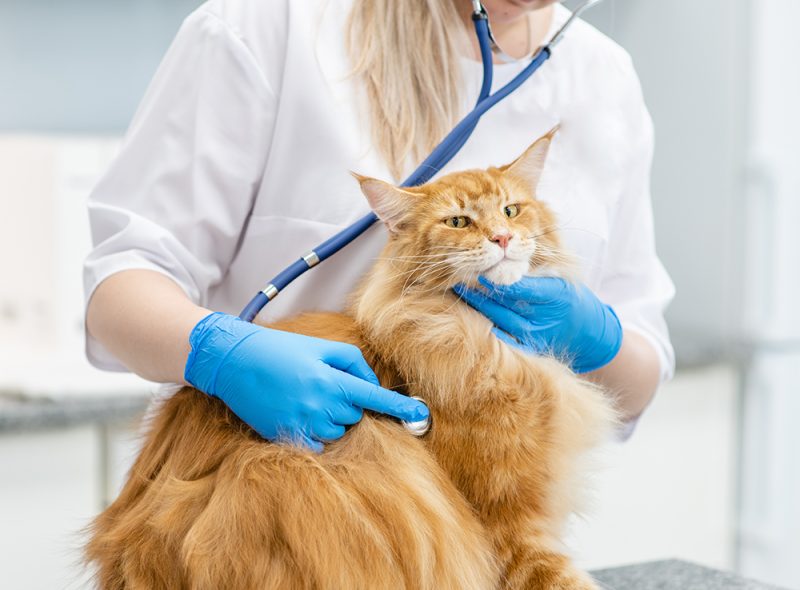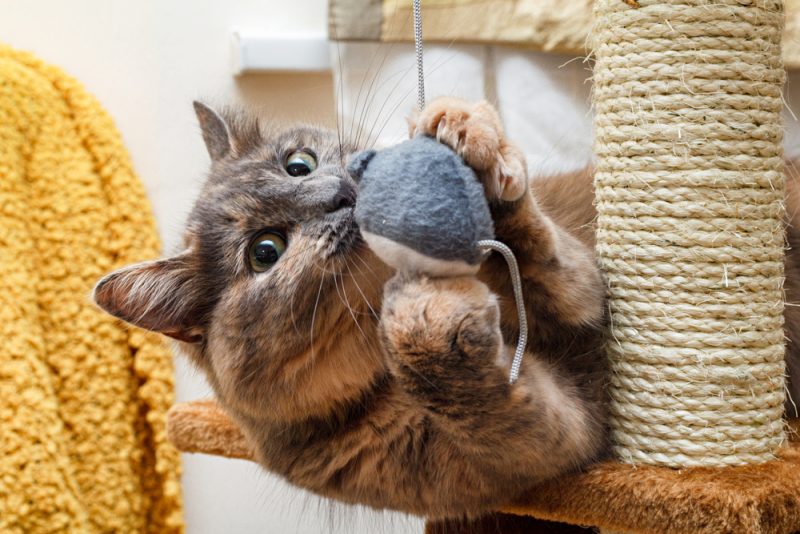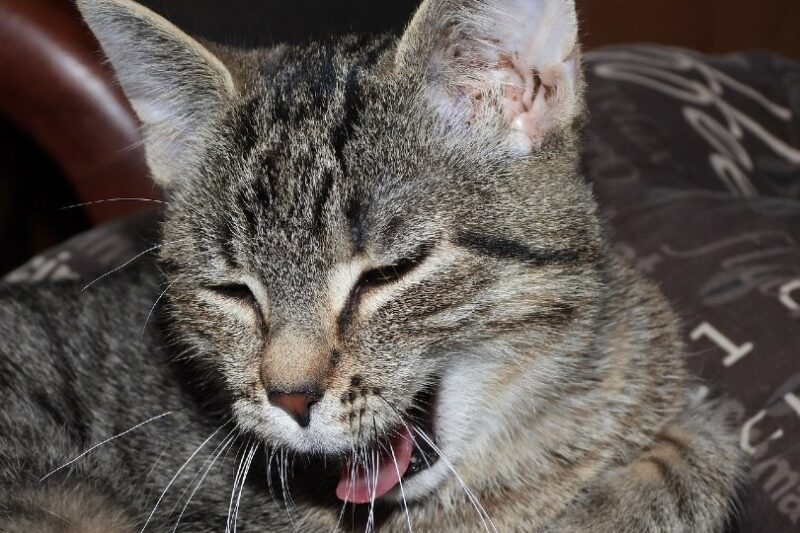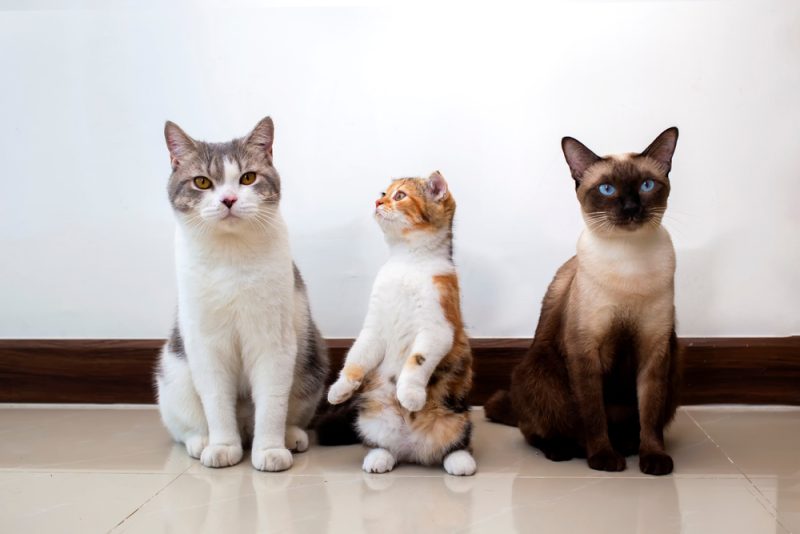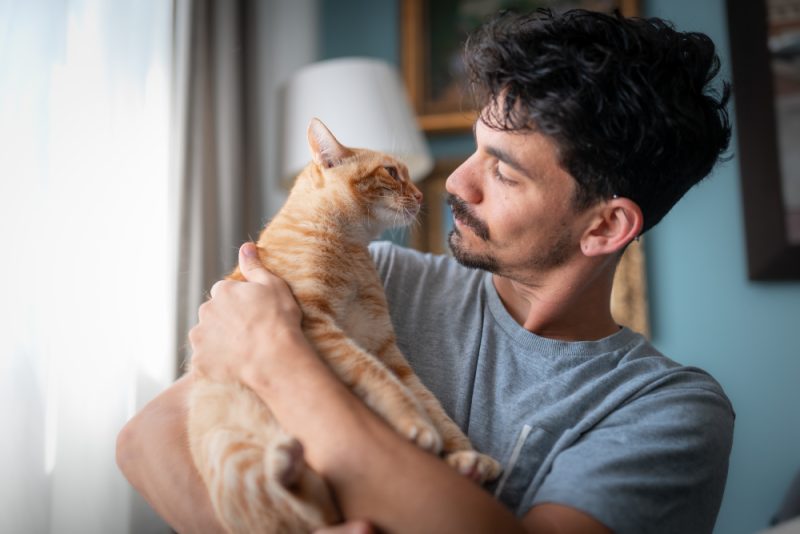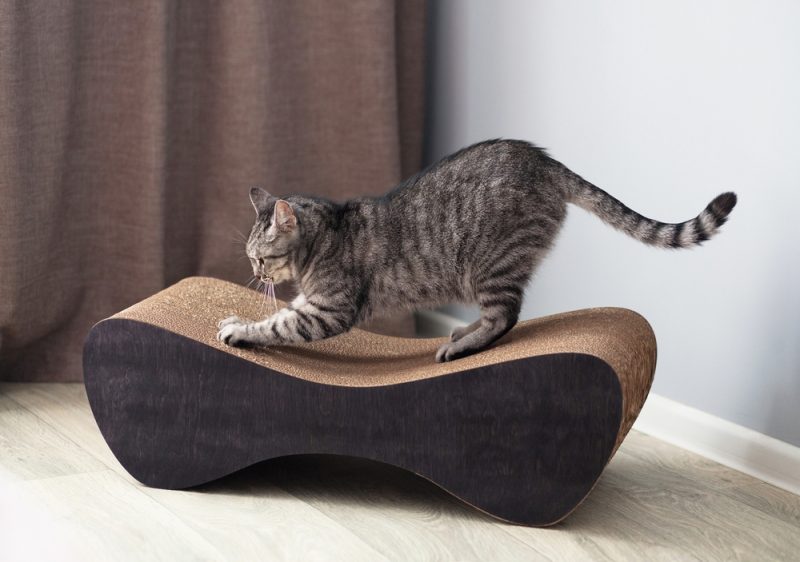Getting new plants when you are a cat owner requires a bit of research beforehand. Many plants pose a potential threat of toxicity to felines, so you need to ensure any plant that you are interested in is safe to keep around your kitties.
For those interested in purchasing the beautiful but eerie Venus flytrap for their home, we have good news. While Venus flytraps are not so friendly to your insect visitors, they are non-toxic for cats. Read on to find out more!

The Venus Flytrap
Undoubtedly the most well-known carnivorous plant, the Venus flytrap is a perennial flowering plant that is a member of the sundew family and is native to the Carolinas. While it has been introduced to other states outside its endemic range, the Venus flytrap is also a very popular potted houseplant in many parts of the world.
The Venus flytrap gets a lot of nutrients through the soil but supplements its diet most famously by trapping and digesting various insects and arachnids, which is where its name was derived. It attracts unsuspecting victims by secreting nectar in its traps. When the prey lands, it triggers the plant’s hairs and causes the leaves to shut, trapping them. It can take anywhere from 3 to 5 days for the plant to digest its prey, and it can go months between meals.
The Venus flytrap is currently under consideration for being placed on the endangered species list in the United States due to the rapid decline of population because of habitat destruction and the overcollection of wild plants.
Cats & Venus Flytraps
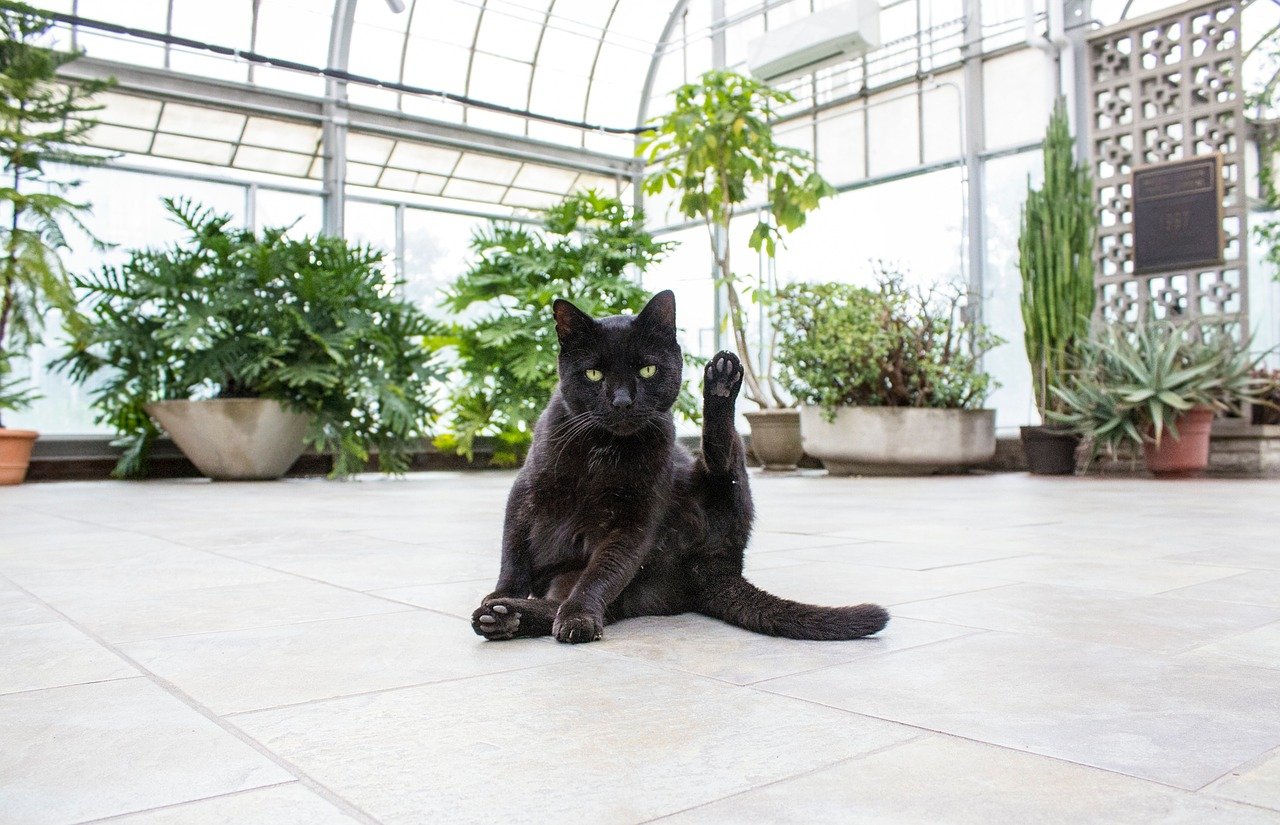
Venus flytraps are perfectly safe houseplants to have around cats. The biggest concern with having a Venus flytrap in a cat-owning household is the safety of the plant. While the cat won’t be attracted to the nectar as an insect would, they get curious and playful and could potentially hurt the plant by swatting at it or nibbling it. The best thing you can do is keep your plant in a safe location far out of reach of any cats.
What If My Cat Eats a Venus Flytrap?
If your cat were to ingest part of the Venus flytrap plant, you should not panic. These plants are not toxic to cats and should cause no harm. Cats are not drawn to the plant in the way that insects are, so they will not be enticed by the smell or taste. Most often, ingestion of a Venus flytrap would be through playful nibbling.
Since plants are not a normal part of a cat’s diet, they do not digest them as easily as omnivores and herbivores. There is a chance of potential digestive upset if a lot of the plant were to be consumed. Digestive signs could include nausea, vomiting, or diarrhea. If you ever have concerns regarding something your cat has eaten, it’s best to call your veterinarian for further guidance on how to handle the situation.
Can Any Part of My Cat Get Stuck in the Venus Flytrap?
While the plant may be strong enough to trap insects, it is in no way powerful enough to keep hold of your cat. If, for any reason, your cat were to trigger the plant to close, they would have no problem pulling away from the grasp of the plant without issue or risk of injury.
If you have any concerns or curiosities about your cat or their health, we recommend you contact your vet directly.
If you need to speak with a vet but can't get to one, head over to PangoVet. It's an online service where you can talk to a vet online and get the advice you need for your pet — all at an affordable price!


How to Keep Cats Away From Houseplants

Make Plants Inaccessible
Keeping your plants out of your cat’s reach is probably the best way to ensure the safety of both your plants and your cats. Try placing them on an unreachable shelf, or opt to hang them in out-of-reach places. You can even start your very own greenhouse or plant room and completely restrict kitty access to the entire area.
Use Deterrents
A light citrus spritz can work well as a deterrent for cats. They strongly dislike not only the smell of citrus but also the taste. If the smell alone does not deter your cat from messing with the houseplants, when they go in for a playful chew and taste something citrusy, they may just give up entirely.
Train Your Cat
This may seem like an impossible task, but in some cases, you can train your cat to stay away from your beloved plants. The key to getting a cat to avoid something is finding out what motivates them and using it as a tool to redirect them when they are doing something they shouldn’t. Only positive reinforcement techniques should be implemented when training cats. Things like tasty cat treats or toys may do well in distracting your cat from getting in the plants. Be consistent and patient during training to increase your chance of success.
Get Your Cat Their Own Plant
Is your cat a real problem child with houseplants, and you can’t seem to keep them out of anything? Try getting them a plant of their own to keep them entertained. You can buy some cat grass or grow some catnip. While these two plants are different, they are both completely safe for cats and extremely easy to grow. This will allow your cat to enjoy nibbling, chewing, and batting around foliage all they want.

Conclusion
Venus flytraps are very popular carnivorous plants that are kept in many households. They are not poisonous to cats since they do not have any toxic compounds that pose a risk to them. The cat, however, could pose a risk to your plant if they enjoy playing around with houseplants. Thankfully, there are tips and tricks you can implement to help keep your cat entertained and away from your plants.
Featured Image Credit: Erik Mclean, Pexels
